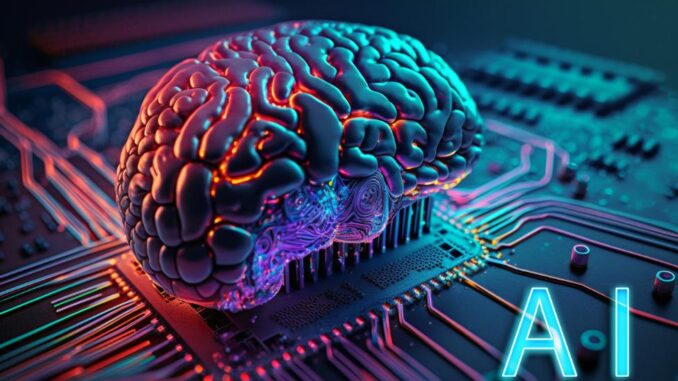
Artificial Intelligence (AI) comes with a wide array of benefits that have the potential to transform industries, improve productivity, and enhance quality of life. Here’s a comprehensive list of the key benefits of AI:
### 1. **Increased Efficiency and Productivity** – **Automation**: AI automates routine and repetitive tasks, allowing human workers to focus on more complex and creative tasks. This leads to higher productivity levels.








– **24/7 Operation**: Unlike humans, AI systems can work continuously without fatigue, providing round-the-clock service and support.
### 2. **Enhanced Data Analysis and Decision-Making**
– **Rapid Data Processing**: AI can process and analyze large volumes of data much faster than traditional methods, generating insights in real-time.
– **Predictive Analytics**: AI models can predict future outcomes based on historical data, aiding organizations in strategic planning and decision-making.
### 3. **Personalization**
– **Tailored Experiences**: In sectors like retail and entertainment, AI can analyze user behavior and preferences to provide personalized recommendations and experiences.
– **Customer Engagement**: Personalized marketing strategies powered by AI can increase customer satisfaction and loyalty.
### 4. **Healthcare Innovations**
– **Improved Diagnostics**: AI can assist in diagnosing diseases by analyzing medical images and patient data with high accuracy, leading to earlier interventions.
– **Personalized Medicine**: AI systems can help design individualized treatment plans based on genetic information and health records.
### 5. **Cost Savings**
– **Operational Cost Reduction**: Automating tasks and optimizing processes often translates to reduced operational costs for businesses.
– **Resource Management**: AI can optimize resource allocation and supply chain management, minimizing waste and saving money.
### 6. **Enhanced Safety and Security**
– **Predictive Maintenance**: In industrial settings, AI can predict equipment failures before they occur, enhancing safety and reducing downtime.
– **Cybersecurity**: AI can detect anomalies and threats in real-time, improving an organization’s ability to protect sensitive information.
### 7. **Improved Customer Service**
– **Chatbots and Virtual Assistants**: AI-powered chatbots can handle customer inquiries quickly, providing immediate support and information outside of traditional business hours.
– **Enhanced Problem Resolution**: AI can help analyze customer complaints and improve service delivery by identifying common issues and solutions.
### 8. **Environmental Benefits**
– **Energy Efficiency**: AI can optimize energy consumption in various sectors, leading to lower costs and reduced environmental impact.
– **Sustainable Practices**: AI technologies can aid in monitoring and managing resources, contributing to environmental conservation initiatives.
### 9. **Advancements in Transportation**
– **Autonomous Vehicles**: AI plays a crucial role in developing self-driving technology, potentially reducing traffic accidents and improving transportation efficiency.
– **Traffic Management**: AI can optimize traffic flows in urban environments, reducing congestion and travel time.
### 10. **Support for Education**
– **Adaptive Learning Platforms**: AI can customize learning experiences based on individual student needs, enhancing engagement and educational outcomes.
– **Administrative Efficiency**: AI can streamline administrative processes in educational institutions, enabling educators to focus more on teaching.
### 11. **Boosting Research and Development**
– **Accelerated Discoveries**: AI can analyze scientific data and literature to identify trends and facilitate breakthroughs in research across various fields, including medicine, chemistry, and engineering.
– **Simulation and Modeling**: AI can enhance the accuracy of simulations and models used in research, leading to improved predictions and findings.
### 12. **Social Good Applications**
– **Disaster Relief**: AI can assist in disaster response by analyzing data to manage resources effectively and aid in rescue operations.
– **Healthcare Accessibility**: AI tools can provide remote healthcare support, especially in underserved areas, making health services more accessible.
### 13. **Economic Growth**
– **Job Creation**: While AI may replace certain jobs, it also creates new roles in AI management, data analysis, and technology development.
– **Innovation Stimulus**: The rise of AI technologies encourages innovation, leading to the creation of new industries and business models.
In conclusion, the benefits of AI are vast and impactful, providing significant advantages to businesses, individuals, and society as a whole. However, it’s important to remain mindful of the ethical implications, potential biases, and societal changes that accompany the adoption of AI technologies to ensure that these benefits are realized in a responsible manner.

Leave a Reply